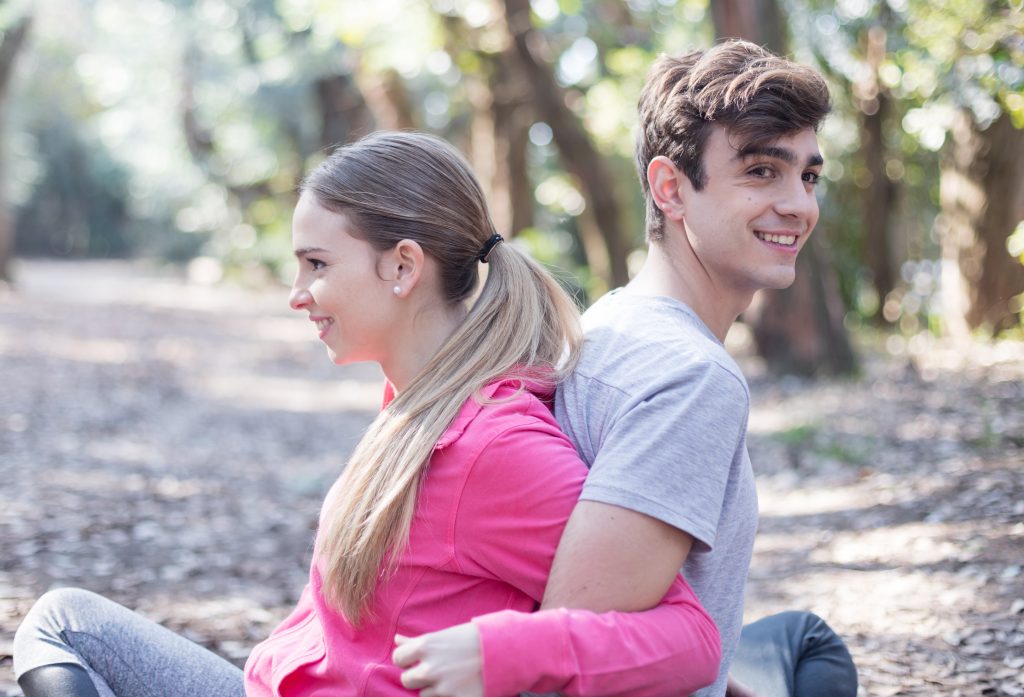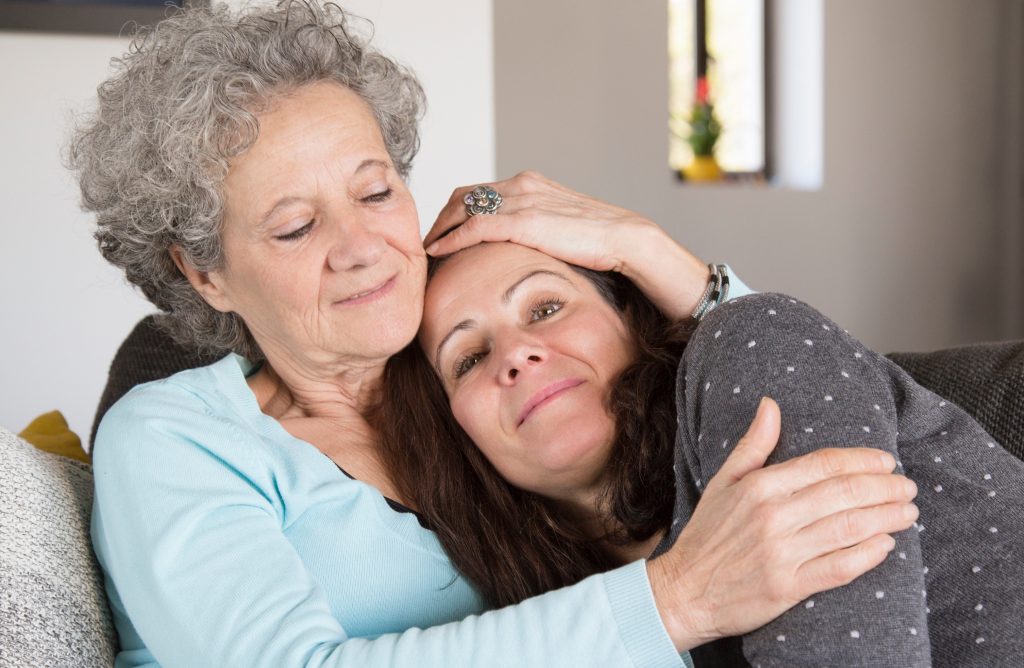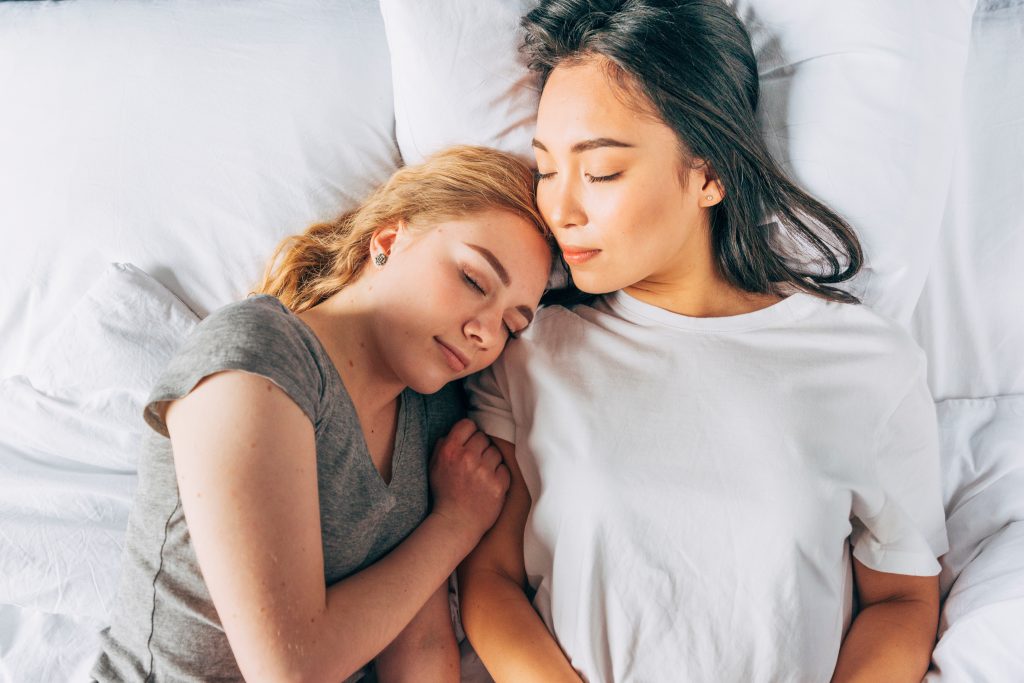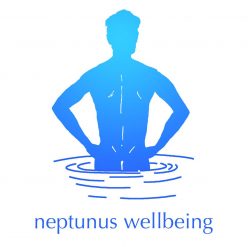About the prevention of negative effects of social distancing
In response to the coronavirus pandemic (COVID-19), the government is asking us to do something that is not obvious to people: stay away from each other. Social distance is crucial to slow down the spread of the virus and prevent our healthcare system from becoming overwhelmed. But it is against people's nature and therefore will not be easy for many.

“The coronavirus that is spreading around the world is calling us to suppress our human and evolutionary deep-seated impulses for connection: seeing our friends, gathering in groups, or touching each other,” says Nicholas Christakis (Yale University).
If social isolation lasts longer, it increases the risk of various health problems, including heart disease, dementia and even death. People who are lonely have a higher level of the hormone cortisol, an indicator of stress. They show weaker immune responses to pathogens, according to research from the University of Washington's Center for the Science of Social Connection. Lonely students responded more weakly to non-lonely students to flu vaccinations.
Isolation can also lead to depression and thoughts of suicide. Meta-analyzes by Julianne Holt-Lunstad (Brigham Young University) show that chronic social isolation increases the risk of death by as much as 29%.

Is everyone equally susceptible to stress due to social isolation?
“Someone who already has problems with things like social anxiety, depression, loneliness, substance abuse or other health problems will become particularly vulnerable,” said Chris Segrin (University of Arizona).
A recent report from the British National Academy of Sciences highlights some reasons why the elderly in particular may be susceptible to this. The loss of family or friends, chronic illnesses and sensory impairments such as hearing loss, making communication more difficult, worsen the situation in many elderly people.
Social contacts mitigate the negative effects of stress. Laboratory studies (also from Holt-Lunstad) show that the presence of a friend reduces the cardiovascular response to a stressful task. Human touch is also essential for our well-being. A soft hug or holding a person's hand triggers oxytocin, which helps regulate your fight or flight system and soothe your body during times of stress.

What can we do about this?
Increased awareness of these effects can prompt us to stay connected and take positive action. Hence the remark by Prime Minister Rutte: "Pay attention to each other".
The good news is that "just knowing you have someone you can count on when you need it is enough to dampen stress responses, even if that person is not physically present," said Holt-Lunstad. Research into altruism has shown that giving support reduces stress even more than receiving support. It can also help us feel more connected to others.
Anyone can take a phone in their hand and approach each other to ask how they are doing and what someone else needs. A listening ear works wonders. So now is the time to contact friends and family. Let people know how much you care about them. While physical human contact is best, a phone call with a real voice is better than text, and video chat is better than a phone call.
What you say is also important. When you are stressed and upset, talking about your feelings can help. You may not feel better, but you feel less alone. If you are listening to the other person, resist the impulse to argue or debate, deny his story, or tell him not to worry. At that moment it is mainly your task to listen and show that you understand and accept his feelings. This process - one person shares something vulnerable and the other responds with understanding and care - is the fundamental foundation for good, close relationships.

Are you alone in quarantine at home and not allowed to touch anyone because you are infected with COVID-19? Then borrow your neighbor's dog. An affectionate pet measurably reduces stress and increases your levels of oxytocin. According to WHO guidelines, touching pets is safe.

Thank you Tijs for this inspiring article, just what I needed today. I was very sorry that I had to cancel our appointment, when I have such a need for your loving, warm and careful touch right now. Good to know that just thinking about friends has a positive effect.